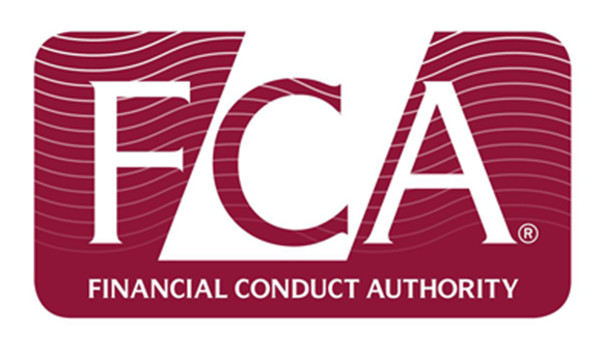

The Financial Conduct Authority has launched a thematic review into how consumer credit firms pay and incentivise their staff and manage the risks arising from these reward arrangements, as they can often lead to poor consumer outcomes.
This thematic work covers a broad range of sectors and firms where consumer credit is secondary to their main business, focusing on the risks that can arise and how firms control and mitigate them.
The FCA stated that supervisory work on other issues has suggested many consumer credit firms may be operating high-risk incentive schemes, which can often lead to poor consumer outcomes if not managed effectively.
Work carried out between 2012 and 2014 found a number of firms (including banks and insurers) had schemes that were likely to drive mis-selling.
High level findings were that few firms had fully considered risks in their incentive schemes, some of which were so complex that management and other staff did not understand them.
Where risks had been recognised, the controls firms had implemented to manage risks in incentive schemes were often lacking and a number of managers received a bonus based on the sales made by the staff they supervised, creating a possible conflict of interest.
The regulator’s approach will be in two stages: a desk-based review of firms’ incentives policies, remuneration arrangements and controls; followed on-site visits and more detailed testing on a selection of firms.
The review work will take place throughout the remainder of 2015, with information requests having already gone out, to be followed by analysis of responses during the third and fourth quarters this year. Into the first quarter the stage two visits will commence, with conclusions and reporting due by the second quarter of 2016.
Research by law firm Pinsent Masons found that consumer credit complaints to the Financial Ombudsman Service increased 25 per cent in the past year to 9,542 in 2014.
Further data obtained from the FCA revealed that 34 per cent of referrals received last year by the consumer contract team, which deals with complaints about unfair contract terms and practices, were in relation to consumer credit.
Michael Ruck, a senior financial services enforcement lawyer at Pinsent Masons, said that while the FCA may have initially underestimated the size of the task of regulating the consumer credit industry, it has continued to increase its knowledge and resource in this area.
He said: “The FCA is now showing signs of beginning to make progress in this section of the regulated industry and seeking to regulate it in line with the FCA’s approach to other areas, including the use of tools such as thematic reviews.
“Following on from the attention given to payday lenders, the FCA is now seeking to review topics it has reviewed in various other sectors, in this case remuneration and incentivisation of staff.”
The regulator took responsibility for regulating the £200bn consumer credit market in April last year.
peter.walker@ft.com



